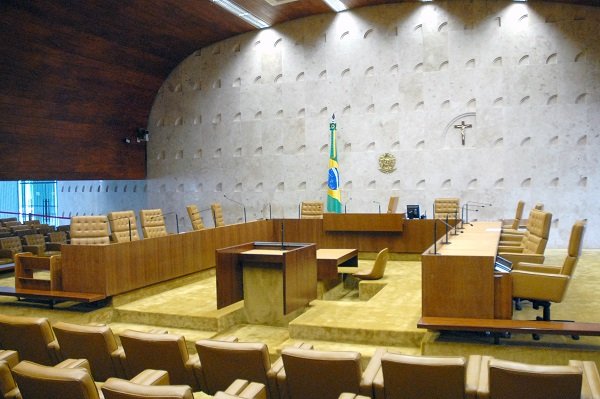This Content Is Only For Subscribers
To unlock this content, subscribe to INTERLIRA Reports.
A ruling by the Federal Supreme Court (STF) calls into question a series of court decisions already concluded on tax issues. In summary, the ministers approved the possibility that previous decisions — even final ones — be annulled if they are different from a new understanding of the Court on the subject. In practice, it means that actions dealing with the payment of taxes can be reviewed — even if the taxpayer has been victorious in all instances of the judiciary. The main immediate effect is a complete review of tax debts of Brazilian companies that, in the past, won in court the right not to pay any tax. With the decision reversed, the company may even have an outstanding debt with the Federal Revenue, which may even refer to the years in which taxes were no longer paid.
What happened?
The Federal Supreme Court (STF) defined that new understandings on tax matters will be automatically adopted by Justice. That is: previous decisions will be invalidated when the Supreme Court adopts a new understanding on taxes. This means that, in this case, companies that have obtained favorable measures to stop collecting taxes may have an open debt with the Federal Revenue.
What changes, in practice, for companies?
Companies that had tax gains in court may have their decisions reversed and owe the Federal Revenue.
Does the decision have the potential to lead to bankruptcy?
According to lawyers, depending on the company, this would annihilate the balance sheet right at the beginning of the 2023 financial year. For them, the Supreme Court focused on the legal aspects of the matter, but there is a clear impact from the economic point of view, which obliges the advocacy to look for alternative tax strategies to compensate for the damages.
Our Analysis:
Jurists understand that the measure removes predictability from the finances of Brazilian companies and creates a precedent of reversal of definitive decisions of the Federal Supreme Court (STF). According to tax lawyers, the tax authorities may make a retroactive collection of the last five years for cases in which there is no open tax procedure. As for open procedures, with infraction notices drawn up, the STF decision validates the collection even for deadlines prior to 2018. An open door is created for the tax authorities to cover debts of companies that had nothing outstanding. It has the potential to generate new debts that were not foreseen.




